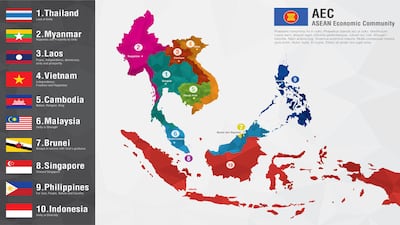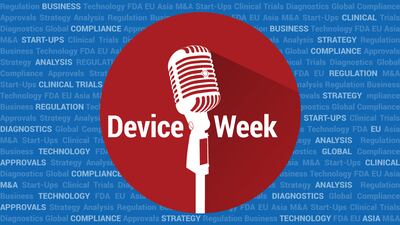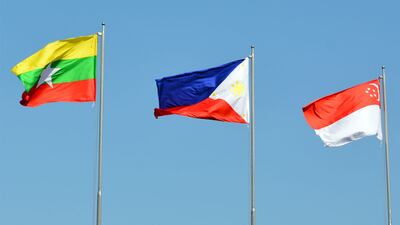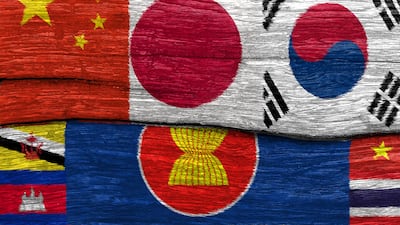Myanmar
Country
Medtech industry representatives from Thailand, Myanmar, Indonesia, Singapore and the Philippines gave updates on regulatory actions being taken to control COVID-19 and other regulatory initiatives at local and ASEANMed level during a roundtable session.
The Asian Medtech Associations Regulatory Networking discussions this month centered on strategies to control COVID-19 locally and the activities of the ASEANMed industry association. This editorial feature is hosted by Medtech Insight, along with the ARQon Asia Regulatory and Quality Consultancy and the Asia Regulatory Professional Association. This is the second of two articles on the discussions.
Donations of commonly used antibiotics, anti-inflammatory agents and ulcer drugs are urgently needed to support a community health program in Myanmar
Want to know more about medtech regulatory efforts in countries from Singapore to Myanmar to Russia, and more in between? In this week's podcast, Ashley Yeo provides an update from his reporting on what governments in the Asia and Eurasia regions are doing to focus oversight on devices and diagnostics. The short answer: A lot.
The first Medtech Associations Regulatory Networking discussion, hosted by Medtech Insight and sponsored by the ARQon consultancy (Singapore) and the Asia Regulatory Professionals Association (ARPA), was held in mid-July. Updates were received from senior regulatory figures in three Asian medtech markets where regulation is evolving fast – Singapore, the Philippines and Myanmar.
Thailand is on the cusp of integrating new medtech adverse-event reporting guidelines, Malaysia is making good headway with its new regulatory system, and the Philippines is moving ahead with plans for a medical device fees schedule. Myanmar and Brunei are among other ASEAN member states included in this latest Asian regulatory update from Medtech Insight.
A new report on transnational organized crime in East Asia and the Pacific from the United Nations Office on Drugs and Crime (UNODC) makes sobering reading. Not only for its overview of billions of dollars in illicit trade in narcotics, counterfeit goods, wildlife and people, but also because it tries to quantify Asia's fake medicines problem.
The US vaccines firm Inviragen has started off the new year on the right foot by meeting one of the main goals for its cell cultured Japanese encephalitis (JE) vaccine: to partner the program with a local manufacturer in an endemic region.
While many big Chinese pharma companies are looking at the US market to take their first international steps, Tianjin Pharma, a state-owned group and the local partner in GlaxoSmithKline's joint venture in China, has decided to begin its planned global expansion in Southeast Asia.
If anecdotal evidence is anything to go by, Myanmar (Burma) is fast developing as the next blip on Big Pharma's Asian radar, driven by the usual emerging market attraction of solid economic growth and particularly in this case by the prospect of political reforms viewed favourably by major potential trading partners.






